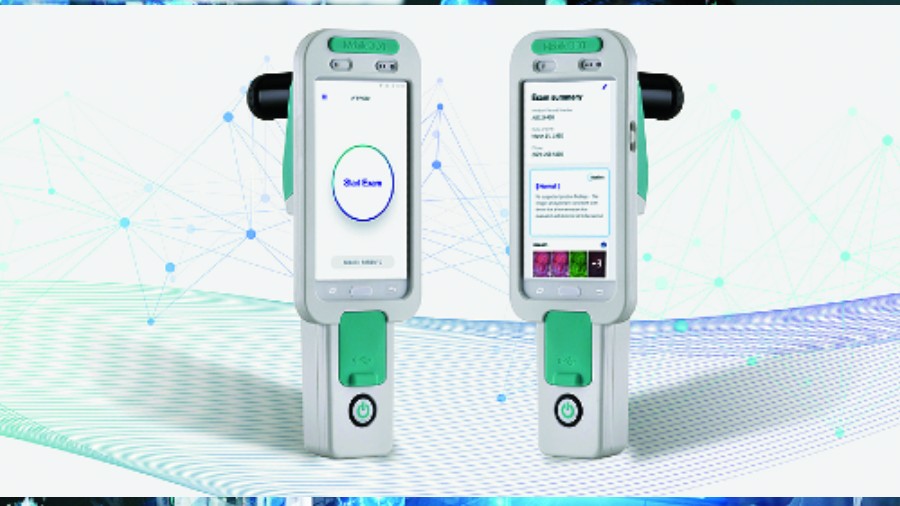Women represent half of the planet’s population. Yet tech companies catering to their specific health needs represent a minute share of the global tech market.
In 2019, the “femtech” industry — software and technology companies addressing women’s biological needs — generated $820.6 million in global revenue and received $592 million in venture capital investment, according to PitchBook, a financial data and research company. That year, the Uber app alone raised $8.1 billion in an initial public offering. The difference in scale is staggering, especially when women spend an estimated $500 billion a year on medical expenses, according to PitchBook.
Many apps and tech companies have sprung up in the last decade to address women’s needs, including tracking menstruation and fertility, and offering solutions for pregnancy, breastfeeding and menopause.
“There’s definitely an increasing appetite for anything in the world which is technology, and a realisation that female consumer power has arrived,” said Michelle Tempest, a partner at the London-based healthcare consultancy Candesic. One reason women-related needs had not been focussed on in the field of technology, she said, was that life sciences research was overwhelmingly “tailored to the male body”.
The term “femtech” was coined by Ida Tin, founder of Clue, a period and ovulation tracking app established in Germany in 2013. Tin first had the idea in 2009, when she found herself holding a phone in one hand and a temperature-taking device in the other, and wishing she could merge the two to track her fertility days, rather than having to note her temperature on a spreadsheet.
Plenty of other women-specific tools have come onto the market. Elvie, a London-based company, has marketed a wearable breast pump and a pelvic exercise trainer and app. Another strand of femtech known as “menotech” aims to improve women’s lifestyles as they go through menopause, providing access to telemedicine, and information and data that women can tap into.
Finally, there are medical technology companies focussed on cancer that affects women, such as cervical cancer and breast cancer.
MobileODT, a start-up based in Tel Aviv, Israel, uses smartphones and AI to screen for cervical cancer. A smart colposcope — a portable imaging device that is 1.5 times the size of a smartphone — is used to take a photograph of a woman’s cervix from a distance of about 1m. The image is then transmitted to the cloud, where AI is used to identify normal or abnormal cervical findings.
A diagnosis is delivered in about 60 seconds — compared to the weeks it takes to receive the results of a standard smear test. In addition to this screening, doctors still use smear tests.
Leon Boston, chief executive of MobileODT, said the firm was selling into 20 countries including the US, India, South Korea and Brazil.
But the leading cause of cancer among women all over the world is breast cancer. One French start-up is focussed on dealing with its aftermath. Lattice Medical has developed a 3D-printed hollow breast implant that allows for the regeneration of tissue and is absorbed by the body over time.
How it works: Post-mastectomy, the surgeon harvests a small flap of fat from the area immediately around the woman’s breast and places it inside the 3D-printed bioprosthesis. That piece of tissue grows inside the implant and eventually fills it out. In the meantime, the 3D-printed shell disappears completely 18 months later.
So far, tests on animals have been encouraging, said Julien Payen, the company’s co-founder and chief executive. Clinical trials on women are expected to start in 2022.
Asked why the global femtech market was so small for technology companies, Boston said it was partly because of the “high level of regulation” involved in medical technology.
Still, prospects are favourable. According to a March 2020 report by Frost & Sullivan, a research and strategy consultancy, revenue from femtech is expected to reach $1.1 billion by 2024.
NYTNS











